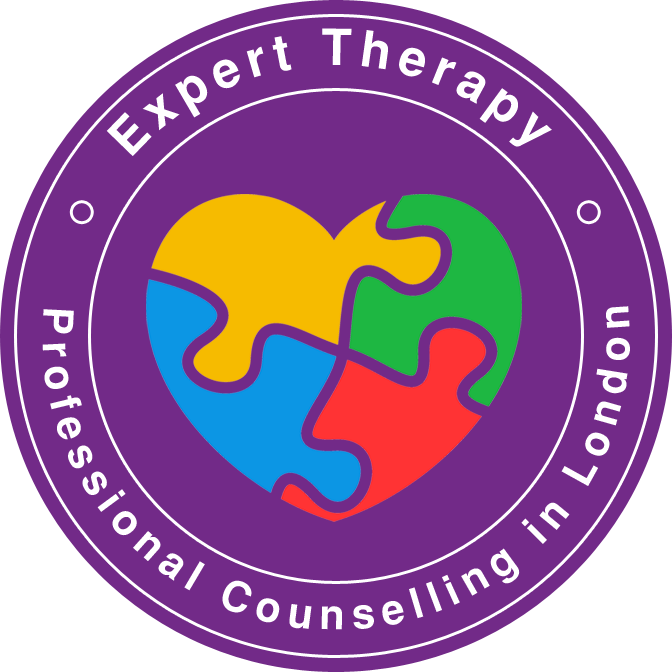Child Therapy
How Does Therapy Work?
There are many problems that influence how children and teens feel, act, or learn. These problems can be treated with therapy. Your child can get help through this program.
In therapy, kids talk about their problems and learn how to resolve them. They cope better, communicate better, and perform better when they attend treatment.
Therapists help with what kinds of problems?
All kinds of problems can be addressed by therapists. Kids and teens going through tough times can turn to them for help in the following ways:
- Problems in the family
- Problems at school
- Harassment
- Problems with your health
Feelings such as:
- Anxiety
- Irritation
- Worry and stress
- Self-esteem issues
- Bereavement
A few of the conditions they treat in kids and teens are:
- ADHD
- depression
- OCD and anxiety
- eating disorders
- self-injury
- disruptive behaviour disorders
- trauma-related disorders
What Are the Benefits of Therapy for Kids and Teens?
When kids and teens are unable to cope with their problems alone, they need therapy. Whenever issues affect their ability to function, feel, or act, they need help. It may be necessary for kids to get treatment if things do not improve on their own. Creating boundaries, communicating, and learning can be challenging for entire families.
What is the Process of Therapy?
Kids learn through doing in therapy. The best way to achieve this is to work with the whole family, draw, play, and talk with the young ones. For older children and teens, therapists provide activities and ideas to help them learn the skills they need. Feelings are discussed, and problems are solved.
The therapist praises and supports the child as he or she learns. As a result, they help kids find their strengths and believe in themselves. Healthy behavioural habits and helpful thinking patterns are built through therapy.
It is possible for a therapist to meet with the child and parent together or just with the child. A child’s age determines how old he or she should be. Parenting tips and ideas might also be provided by a therapist to a parent.
The Process of Therapy: What Happens?
You and your child will first meet with the therapist for a discussion. In addition to asking questions, they will listen as well. By doing this, they can get a better understanding of your child and the problem. You will learn how the therapist can help you.
After that, your child will have more therapy sessions. Your child may experience the following during these visits:
- Talk. Feelings can be expressed through talking. Kids can act their best when they put their feelings into words instead of actions. Listening to kids and knowing how they feel makes them more receptive to learning.
- Engage in activities. Using activities, therapists teach patients about feelings and coping strategies. Kids may be asked to draw or play as a way to learn. In order to reduce stress, they may teach mindfulness and calm breathing.
- Develop new skills. Learning is practiced via therapists help. The games might teach kids to wait their turn, to use self-control, to be patient, to follow directions, to listen, to share, to try again, or to deal with losing.
- Identify and solve problems. When working with older kids and teens, therapists ask about how problems affect them at home and at school. There is a discussion about how to resolve these issues.
What is the average length of therapy for kids?
Your child’s therapist and you will determine how long therapy lasts. In most cases, your child will need to see a therapist once a week for a few months.
Can parents help?
Therapy can be made more effective for your child if you take certain steps. Some of them are listed below:
- Choose a therapist who you and your child feel comfortable with. You can find someone through your child’s health care team.
- Make sure your child attends all appointments. The process of change takes time. In order for your child to learn new skills and maintain them, he or she needs many therapy sessions.
- Consult your child’s therapist. If your child is having problems at home, find out what to do. Ask your child how you can help him Take time to spend with your child. Together, you can play, cook, read, or laugh. Even just a few minutes a day can make a difference.
- A patient and warm parent. When correcting your child, use kind words. Be loving. Praise your child when he or she does well or tries hard.

